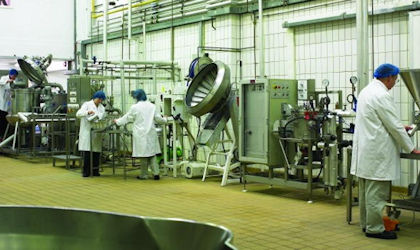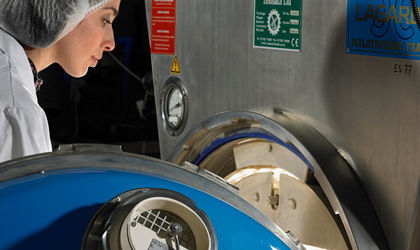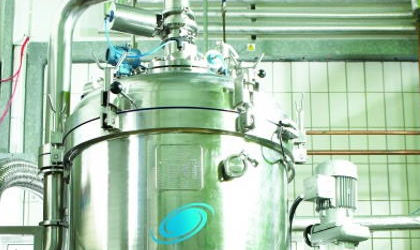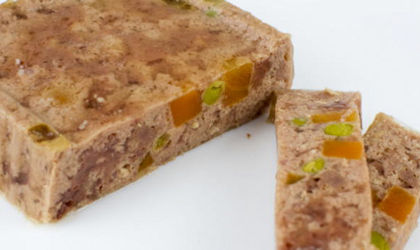High pressure process (HPP) challenge testing
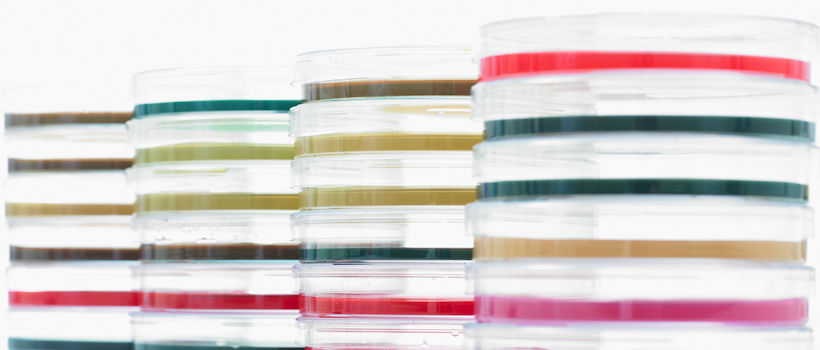
To discuss your needs
High pressure process (HPP) challenge testing is a method used to show that micro-organisms are successfully reduced to acceptable levels. The method can be used for pathogenic or food spoilage micro-organisms. High pressure processing is a non-thermal pasteurisation technique which uses ultra-high pressure (typically up-to 600 MPa) to inactivate micro-organisms.
Microbial inactivation with HPP can be influenced by the properties of food, such as pH, water activity, fat or protein content. Demonstrating the effectiveness of the pressure, temperature and time combination used for specific food or drink to reduce micro-organisms is critically important. The primary technique for doing this is challenge testing.
A challenge test provides scientific evidence for due diligence requirements. The food or drink product is inoculated with a known quantity of a target organism and processed with HPP. The organism is recovered from the treated food and the lethality of the HPP process is assessed.
We have decades of experience conducting challenge testing using traditional and emerging preservation technologies. Our class II laboratories and laboratory-scale high pressure system enables us test a wide range of micro-organisms, including pathogens such as Clostridium botulinum.
We also provides expert advice on best practice for labeling non-thermally pasteurised products. Cold press, ultra high pressure (UHP) and high hydrostatic pressure (HHP) are all terms sometimes used to describe HPP. Their definitions are sometimes not clear or applied consistently.
You may also be interested in
- New technologies for food and drink manufacturing (project)
- What emerging technologies are we evaluating?
- High pressure processing (HPP)
Key services
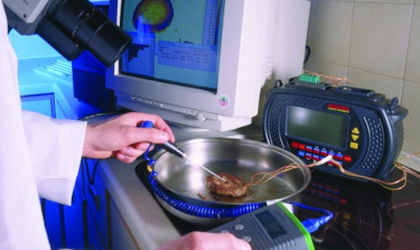
Heat process validation
Many factors affect the amount of heat delivered, the product it contains, and the degree of mixing during the process.

Food product development
Developing new food and drink products is a complex process, we can help across the full range of food types.

Food cooking or reheating instructions
Knowledge and expertise for microwave and conventionally heated products.
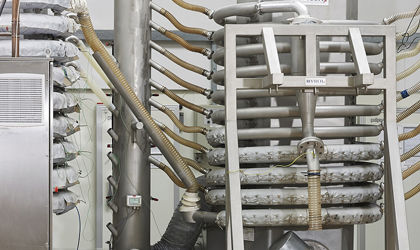
New technologies services and information
Exploring new and emerging process technologies for industry use.
Food technology training courses
Explore our Food technology related courses including;
Are you getting the most from your Membership?
Watch our membership FAQ videos and find out more about Member Service Account spending, Member Interest Groups, help and advice
Where we refer to UKAS Accreditation
The Campden BRI group companies listed below are accredited in accordance with the recognised International Standard ISO/IEC 17025:2017 by the United Kingdom Accreditation Service (UKAS). The accreditation demonstrates technical competence for a defined scope of methods, specific to each site, as detailed in the schedules of accreditation bearing the testing laboratory number. The schedules may be revised from time to time and reissued by UKAS. The most recent issue of the schedules are available from the UKAS website www.ukas.com. Campden BRI (Chipping Campden) Limited is a UKAS accredited testing laboratory No. 1079


